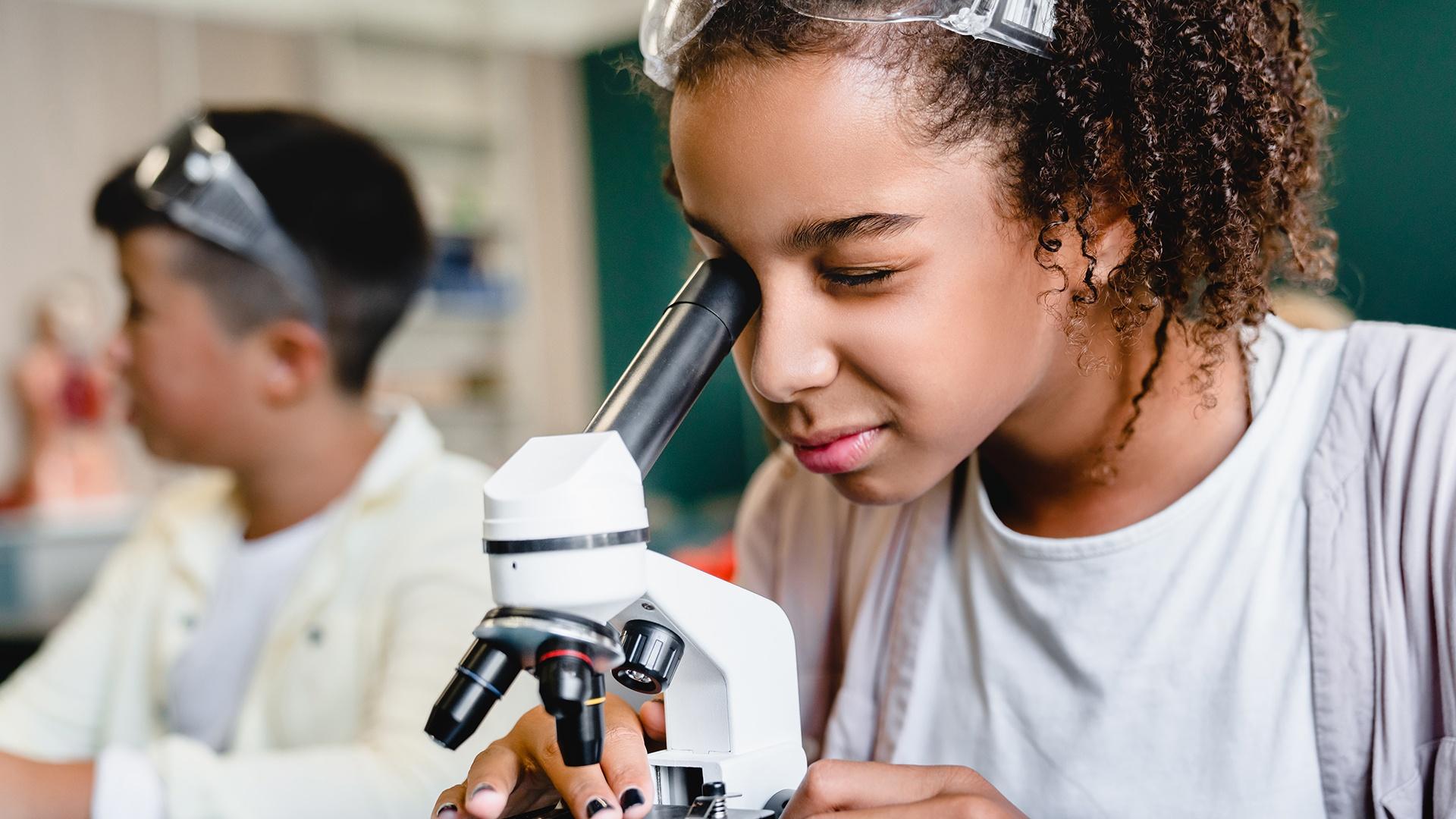
STEM Works Videos
PBS Reno STEM Work videos are aligned with the STEM Career Cluster. Career Clusters contain occupations in the same field of work that require similar skills.
In this PBS Reno STEM Works digital short, we visit with our friends over at the Desert Research Institute (DRI) and talk with Archeologists and Drone Pilots Megan Stueve and Tatiana Menocal, as well as Adam Watts, an Associate Research Professor of Fire Ecology and Unmanned Systems, to find out what they do.
STEM — STEM stands for science, technology, engineering, and math. It represents an interdisciplinary and integrated approach to gathering hands-on experience and applying “real-world” knowledge. People who work in STEM fields use knowledge in science, engineering, technology, or math to understand the world around us and to solve problems.
Archeologist — Archeologists study the past by looking at the physical objects (called artifacts) left by people who lived a long time ago. Archeologists study the past to preserve and understand where we came from so that we can all know where we're going.
Conservation — Conservation is the protection and management of something, usually a resource. Water conservation, for example, is the process of sustainably managing our water in order to ensure that we'll always have clean, accessible water both now and in the future.
Drone — A drone is an aerial flying machine (like a plane or a helicopter) that doesn't have any people on it. It's controlled remotely and often has a lot of cameras and sensors on it to show the people controlling it on the ground what the drone is "seeing."
Ecology — Ecology is a part of biology that focuses on the study and preservation of ecosystems (the different environments that we live in) and the relationship between the environment and the creatures that inhabit them (animals, plants, humans, etc.).
Erosion — Erosion is the process of natural forces (rain, wind, etc.) wearing away or eroding soil and rock. For example, erosion can create canyons and river beds as moving water wears away the rocks and material in its way.
Landform — A landform is a natural feature of the earth's surface. It might be a hill, cliff, valley, or a beach.
Predictive Model — A predictive model uses statistics to look at data that outlines what has historically occurred and predict the most likely future event or behavior. For example, a weather forecast that predicts that rain will come next week is derived from a predictive weather model.
Sensor — A sensor is a device that measures something about our world. For example, a thermal "heat" sensor might measure how hot something is and relay that information back to a system or people.
Unmanned System — An unmanned system is a device or machine that operates without the immediate presence of humans. Drones are an example of unmanned systems, since they don't have people with them when they fly.

PBS Reno STEM Work videos are aligned with the STEM Career Cluster. Career Clusters contain occupations in the same field of work that require similar skills.

Pair PBS Reno STEM Works videos along with free activity sheets and partner tools to help further understanding of STEM careers and to help focus education and training plans.

STEM Works videos showcase companies, employees and their STEM jobs, promoting your great places to work in Nevada.
Breadware
Carson Tahoe Health
Click Bond
Desert Research Institute | DRI
Google
Hamilton Medical
LionDragon Studio
Monte Vista Animal Hospital